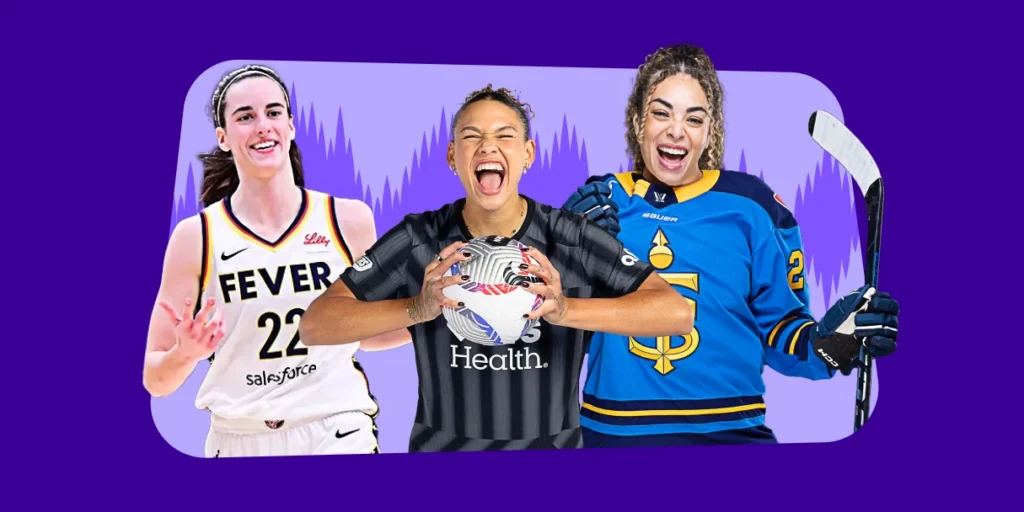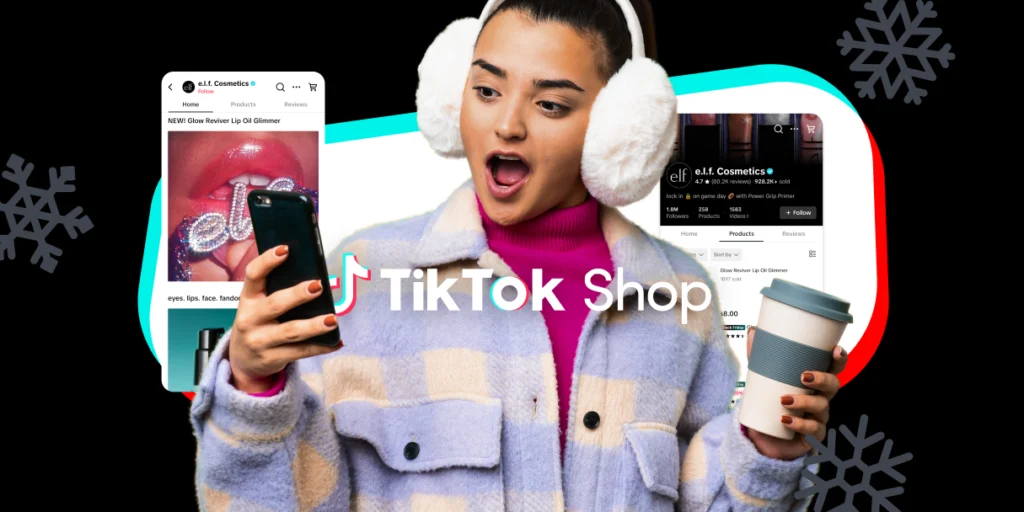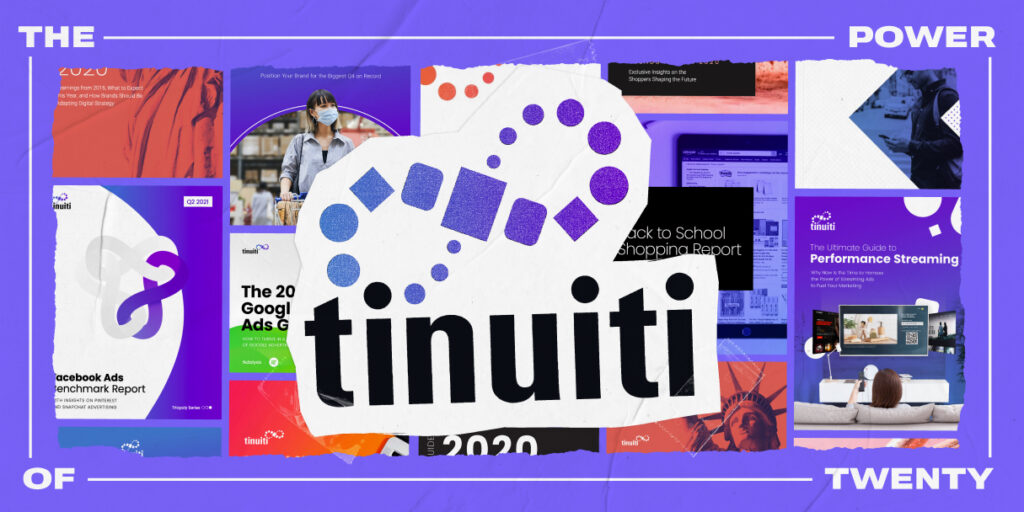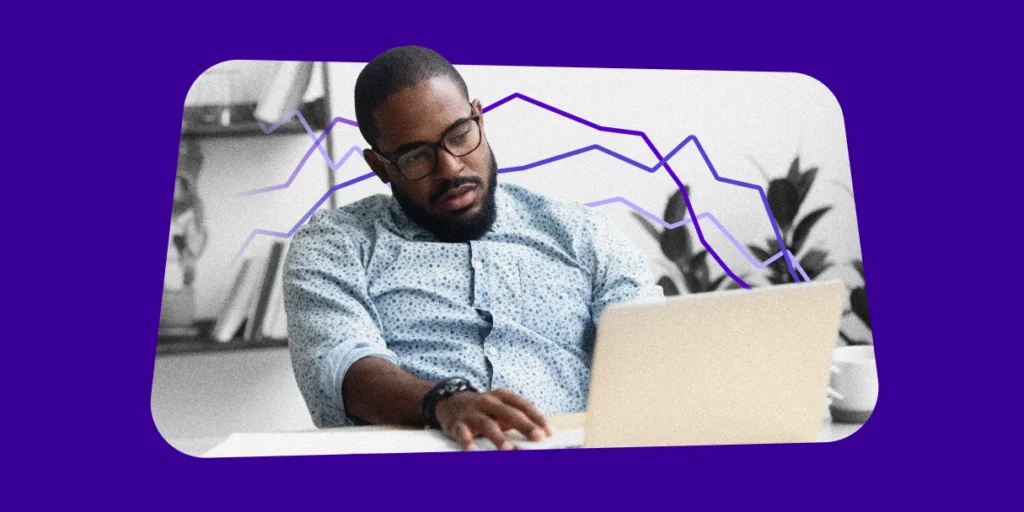“Ad Buying on Facebook Just Got More TV-Like”, read an AdAge headline in 2016.
While the article referenced “day parting” and other traditional media buying terms, one thing was clear: Facebook advertising is taking traditional media by storm–and established brands can’t rely on old standbys.
There are now 5 million advertisers vying for audience attention (as of April 2017).
Unfortunately, many brands and retailers aren’t investing the time and energy they could into this incredibly powerful full-funnel ad platform.
It’s not because they don’t want to–it’s just that most marketing teams lack the manpower or time to focus on just one channel.
Hence the arrival of the Facebook ad agency. If you get lucky, you’ll find an agency that works like a true partner with your in-house team.
Better yet, forget luck and figure out if an agency has these six key features before you sign a contract.
1. Access to a Technical Expert / Developer
Sure, it’s nice to have an agency that handles all of your creative and produces flashy reports–but at the end of the day, if things get broken, you’re going to want someone who can fix them fast so you don’t lose cash.
This will be one of your biggest assets if you don’t already have an in-house developer who can handle pixel or product feed issues.
Key Question to Ask: Will we have access to a technical expert or developer who can help us in the event that our Pixel breaks or our product feed isn’t approved?
2. Custom-Designed Ad Strategies
If you’re looking for an agency, you may already be investing a lot in your Facebook ads. You might even be producing some amazing results.
Don’t settle on an agency that’s just going to maintain what you’re already doing–that’s not what you’re hiring them for.
Often, you’ll find an agency that will promise they’ll get you the results they did for a similar client. Or they’ll offer up a menu of a la carte items and ask you to pick. Those are some big red flags.
What you really need is an agency that works with you to build a plan that fits your unique business goals, and pushes your ads to the forefront.
Even better, find an agency that tackles other channels besides Facebook so they can elevate you on more than just one platform.
For example, while we started working with Alp-n-Rock, a yoga and active apparel company, on Google Shopping first, we quickly realized the vertical was going to be limited in profitability due to competition.
In fact, we saw cost per clicks reach as high as $8 for items such as yoga pants.
So instead of competing against high CPCs within the apparel category, we shifted a segment of their marketing budget to optimize Facebook ads, and were able to boost both orders and revenue by about 28%, respectively.
Key Question to Ask: We’re currently doing X, Y, Z, and we’ve seen X results. Can you tell us how you typically build strategies for your clients?
3. Access to a Facebook Rep Via the Agency
A single retailer rarely gains access to a Facebook rep. However, many reputable agencies do, because they’re responsible for managing millions of dollars for multiple clients.
Needless to say, Facebook cares about their business and is invested in the success of those clients. There are numerous benefits to having access to a Facebook rep through an agency, including:
- Advance notice of potential changes that could affect your account
- Quick help in the event of account glitches and problems
- Access to exclusive Facebook betas that could set you apart from the competition
It’s not easy for any agency to get access to a rep (we should know, because we’ve worked hard to build a relationship with ours), so it’s a good indicator of an agency’s drive to succeed on the platform.
Key Question to Ask: Do you have a relationship with a representative at Facebook?
4. Accurate Reporting Based on the Pixel
In case you haven’t heard, Facebook reporting isn’t super easy.
For one thing, Facebook numbers don’t always line up with Google Analytics.
For another thing, if the Pixel’s firing incorrectly, you can throw all of those numbers out the window anyway.
And finally, who actually knows which metrics to watch? Facebook’s ads manager offers more metrics than you can count.
Reporting is a common problem for retailers hoping to get an accurate picture of important metrics, but it’s not impossible to overcome.
A great Facebook agency will understand how the Facebook Pixel works, ensure it’s working properly, and will give you an accurate picture of what’s actually happening in your account.
Key Question to Ask: These are our goals. What Facebook metrics would you suggest we watch? How do you measure conversions?
5. Deep Understanding of Facebook’s Rules
It’s frustrating when your team spends hours putting together a perfect set of campaigns, only to see those ads get disapproved.
Sometimes it’s a glitch, but often, an ad will violate one of Facebook’s requirements.
A good Facebook ad agency will have a strong handle on the rules (plus access to that rep we previously mentioned) to get your ads approved, or at least edited for a better chance.
Key Question to Ask: Do you have any documentation or process to ensure you’re within Facebook’s best practices for ads?
6. Alignment on Expectations
Finally, the biggest thing you should ensure is that the agency you’re evaluating actually does what you need them to do.
For instance, if you really need a team that has extensive experience A/B testing ads, don’t settle for a team that throws it in as an afterthought.
If you need help targeting the right audience, go with a team that’s willing to put in the time to identify audience prospects who are most responsive to your ads. (This is something we did for performance apparel brand HYLETE).
Key Question to Ask: What would you say is your biggest asset as an agency? What do you do that other agencies can’t?
Conclusion
All of the questions above are important. But at the end of the day, none of them matter without solid communication.
If something breaks and you can’t get in touch with your agency for several days, that could be a problem. If you aren’t clear on the metrics that matter to you, your agency won’t be sure what your goals are, and you’ll see a diminished ROI.
Make sure you both have an understanding of where and when you’ll communicate about your account.
Consider this collaboration a relationship just like any other–it takes a lot of communication to make it work. Expect bumps in the beginning, but over time, your decision to work with an agency will likely be the best decision you ever made.
You Might Be Interested In













